What Is Digestion
Digestion is a very complex process of the human body; you eat whatever you like to eat, and your taste bud enjoys the delicious treat, but do you know that food includes a proper mechanism to get digested from being chewed to passed out as the body waste?
Digestion is an important and essential function of your body as your body needs indispensable healthy nutrients from the food and fluids that you consume for the smooth functioning of your daily routine. It also helps you to stay healthy and lead your life easily. Vitamins, carbohydrates, fat minerals, and water are required nutrients that get absorbed by your body for healthy digestion, where the food breaks into small particles and nutrients give energy to work, grow, and repair cells.
The food you eat is properly absorbed by your body; it performs differently once gets digested
- Proteins turn into amino acids, and these smaller chains of amino acids travel into your small intestine.
- Fatty acids and glycerol are obtained when fats break into fatty acids, which the digestive tract can absorb into the body.
- You will be amazed to know that simple and complex carbohydrates break down into glucose, which is a simple sugar.
- Vitamins are essential nutrients that control oxidation and inflammation in the gut.
- Minerals have a vital role in the body; they’re a great energy source channeled from food. It also helps in forming strong bones and teeth and also controls body fluids inside and outside cells.
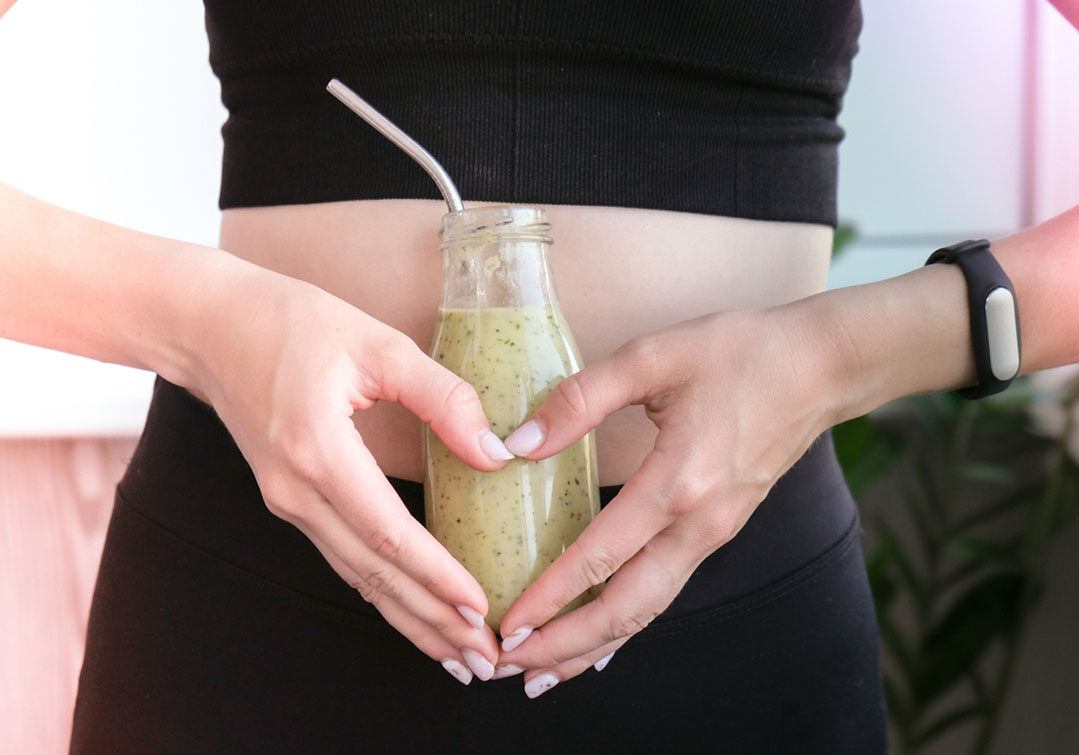
As soon as you eat your food and it reaches your digestive system, it begins to break into small parts and become essential nutrients. Your body absorbs and moves the nutrients to where they are needed. The large intestine absorbs water and excretes the waste products of digestion, which is called stool.
Digestion is a complex process of food assimilation into smaller components absorbed into the bloodstream. When the food reaches the digestive system, chemical digestion occurs in the gastrointestinal tract, where the food is broken down into small molecules by digestive enzymes.
What Is The Process Of Digestion
The human body undergoes many bodily processes, and one essential process is digestion which begins from your mouth. You know very well that your body’s essential nutrient requirement is fulfilled by the food you eat that keeps you healthy and strong, but do you know that you cannot get that just by chewing? Your body performs the process of digestion where the food secretes the vitamins, mineral fats, and carbohydrates, which is then used by cells to repair, allow you to grow considerably healthy, provide energy to work and play, keeps your immune system strong to protect you from foreign antigens.
The digestion process is split into different steps, such as:
- Oral cavity
- Stomach
- Small intestine
- Large intestine
Digestion is a composition of both mechanical and chemical actions. Mechanical digestion is chewing and mixing of food into smaller parts whereas chemical digestion is the process of introducing enzymes and other substances for food assimilation into simpler molecules, such as starch into glucose.
Oral Cavity
Here, the process of digestion begins in the mouth, where the teeth play a vital role in tearing and grinding the food. The saliva in the mouth helps in swallowing and mixing the food well. When swallowed, the food moves down the esophagus, a muscular tube that connects the mouth to the stomach. The food is further digested by the acids and enzymes in the stomach, and it also digests proteins and fats. The stomach partially digests the food and churns it well so that it gets mixed with digestive juices, and it moves ahead to the small intestine.
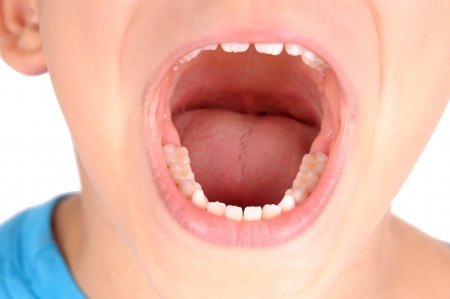
The Small Intestine
Most of the digestion takes place here. The small intestine muscles mix food effectively with digestive juices from the pancreas, liver, and intestines, and the small intestine wall absorbs water and nutrients into your bloodstream. Once the small intestine job is over, the food moves ahead further on its journey to get digested well and push the mixture forward for further digestion.
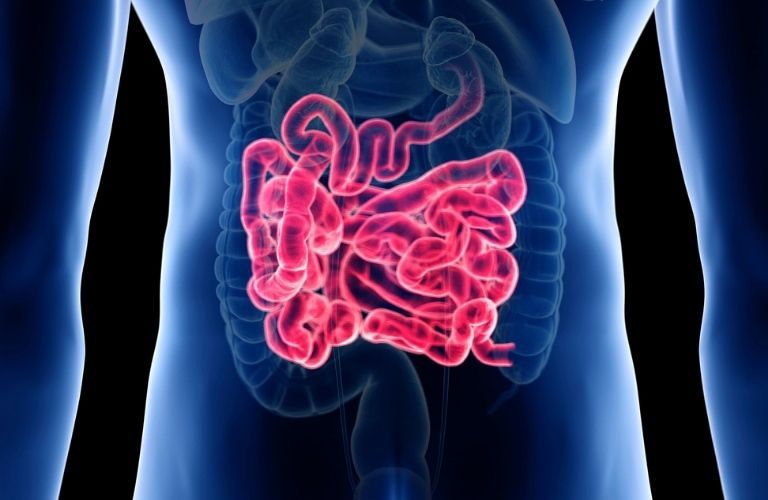
The Large Intestine
When the food reaches here, most of the job is done. The large intestine absorbs minerals, water, and essential nutrients. The large intestine holds a large number of bacteria, which ferment the undigested food and produce vitamins and gases that help to ferment some of the undigested material, producing vitamins and gases. The leftover part changes into the bowel. The rectum stores the stool until you push it through your anus and out of your body.
The process of digestion is a complex process that is controlled by nerves and hormones. There are a few hormones that include gastrin, secretin, cholecystokinin (CCK), ghrelin, leptin, insulin, glucagon, and peptide YY (PYY). These hormones help regulate various aspects of digestion.
How Long Does It Take To Digest Food
You cannot assess the exact time taken by the digestive system to digest food as it depends on factors such as the amount and type of food you are eating. A range of digestive issues also impact the time taken to digest the food.
Can You Improve Your Digestion Effectively
Your digestion is interrupted as you begin to age or you have any medical condition. Other reasons include laziness, physical activity, obesity, etc. You can steer your digestion with a regular follow-up of below the tips
1. Chew your food properly
The digestion process begins firstly from the mouth when you chew your food. Well, it is the work of the small intestine and large intestine. This effectively promotes your digestion, and food gets digested faster.

2. Consume enough fermented food
Eating fermented food supports your gut flora naturally as fermentation and cultured food are rich in good bacteria. You can include a variety of food in your diet. Try to put pickles, kimchi, or fermented vegetables on your plate for effective digestion. If you have digestion disorders, go slow. Allow the biome of your gut to change and make it naturally strong.
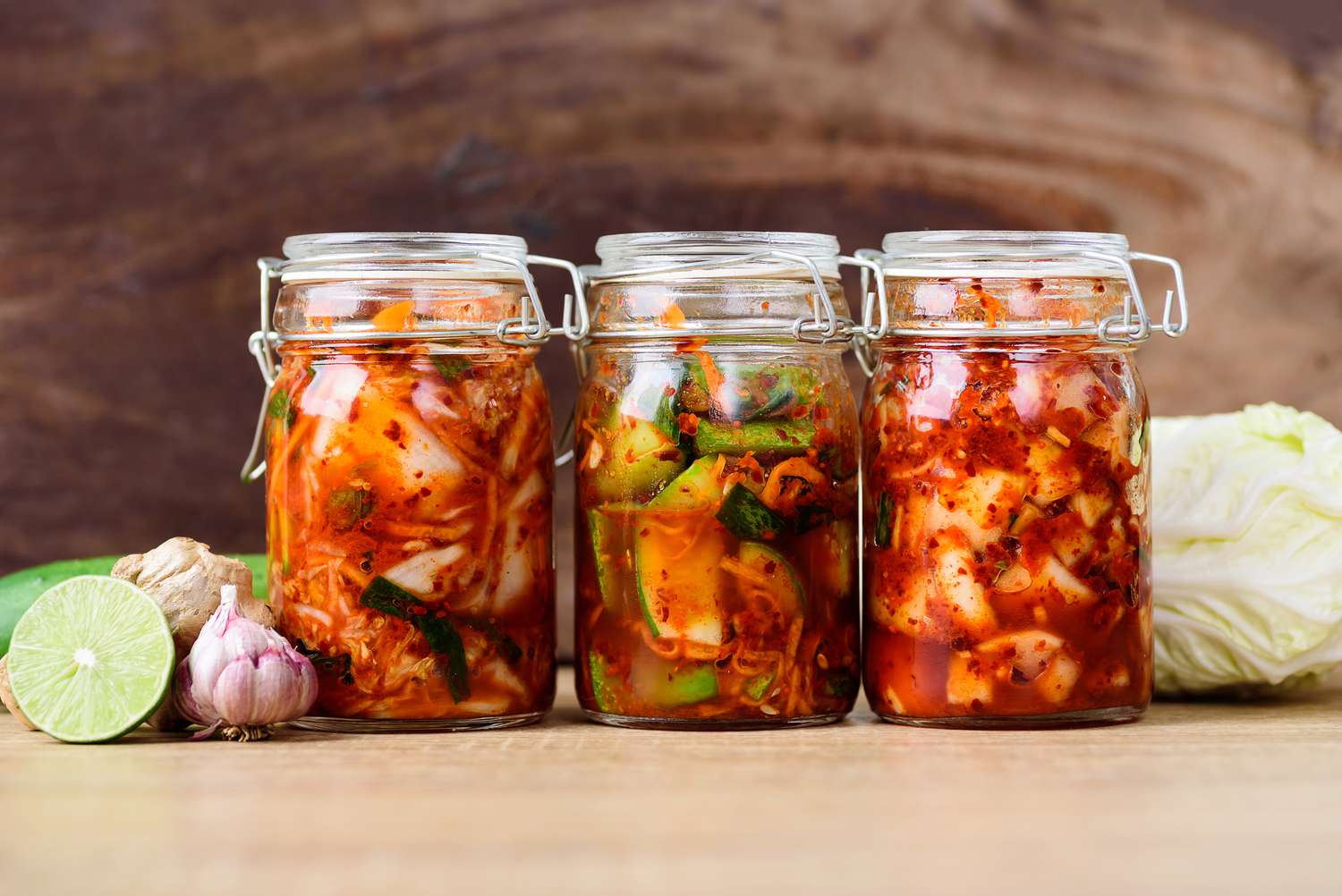
3. Watch what you are eating
When you are about to consume food, watch your plate and realize what you will eat, as sometimes there could be food on the plate that may bother you. You may have problems with gassy foods, acidic foods, or fermented foods. You may face digestion trouble if you do not keep alert on what you are eating. So, to maintain effective digestion, it is necessary to watch out what you are eating.

4. Be moderate to Alcohol
Consuming too much alcohol can cause dehydration which results in troubled digestion. If you drink too much alcohol, then limit yourself to one drink or two; consuming too much alcohol can contribute to diarrhea, liver problems, heart issues, and cancer of the esophagus.

5. Get moving
Include regular walks and exercise in your daily routine. It is the best way to improve your digestion; effectively moving yourself helps the food easily travel to your digestive system. Moderate exercise improves digestion and reduces the symptoms of constipation. It also helps eliminate inflammation and ease inflammatory bowel conditions.

How Long Does It Take To Digest Food?
As soon as you begin consuming food, the digestion process starts. Your entire digestive process can take several hours. Food stays in your stomach for between 30 minutes to 120 minutes, and it takes more than 40 to 120 minutes for time spent in the small bowel. How long does it take to digest food? Depends on the type of food you have eaten; the denser the food content, the longer it takes to digest it.
How Long Does It Take To Digest Water?
It’s easy to digest water, and quickly it gets absorbed by the digestive system as there is less to break down:
- When you consume plain water, it quenches your thirst, and it takes approximately 10 to 20 minutes to get there.
- After consuming fluids like tea juices, sodas, and lemon water it takes 20 to 40 minutes to digest it.
- Consuming dense liquids like smoothies, protein shakes, and bone broths can take a long time of 40 to 60 minutes.
Factors that influence how long does it take to digest food
- Your body type matters too.
- Your metabolism rate.
- Medications are part of your life.
- Types of food you consume.
- Level of physical activity
- Living a sedentary lifestyle.
- Past surgeries
- Stress level
Can You Speed Up The Digestion Process
You eat and fuel up your system to carry out your day energetically, but do you know how long does it take to digest food that you consume twice price or more times a day?
The food gets digested and absorbed, and waste is excreted out when you have bowel movements. This is your body’s regular process, but you might never understand how long the food takes to get digested. Well, you know that it takes 24 hours to digest food, but can you speed up the process of digestion by changing your eating habits, by being alert on what you are eating, especially while consuming unhealthy junk food?

There are a variety of foods you can consume to speed up the digestion process
Consuming a fiberish diet aids in promoting digestion. Adding whole-grain foods to your meals is the best option. Include 25 g of fiber each day in your diet. Whole foods are extremely rich in fiber content. It also helps in controlling blood sugar levels. Quinoa, brown rice, and oatmeal are good examples of whole-grain foods.
Include fruits, green vegetables, and nuts in your diet to speed up your digestion process, as they have a high content of nutrients and sugars that improve your gut health.
Consuming yogurt products is highly beneficial as it contains bacteria and yeast that speed up your digestion.
Keeping yourself hydrated is important, but staying low on all healthy fluid intake bothers your digestion timing. Dehydration can cause severe constipation, resulting in troubled movements, so drink plenty of water daily. You can also consume coconut water and other flavored drinks.
Improve your lifestyle. It promotes digestion. Practicing physical exercise helps the body to move food. This reduces the time of processing food in your gut.
Sound sleep is an important factor that helps speed up digestion. It also reduces stress, resulting in freedom from bloating, constipation, and stomach aches. Proper rest enhances your digestion and adds well-being to your physical health, mental health, and immune system.
To speed up your digestion system. You may drink ginger tea also after consuming food as ginger aids in encouraging digestion and gastrointestinal function and emptying your gut.
How Long Does It Take To Digest Different Types Of Food?
Digestion time varies depending on what you eat. Some foods need different enzymes from different organs to be broken down. Read further in the article to learn about the duration of various digestive tract foods.
How Long Does It Take To Digest Meat?
Meat and other non-veg dishes such as fish steaks, pork chops, and whole meat muscle can usually take one to three days to digest. Meat is considered rich in a wide range of nutrients such as iron, zinc, and B vitamins. Protein is made of amino acids. It takes time to be broken down and absorbed.
It also contains fat and proteins, only complex molecules. It takes longer for your body to digest it fully. In the time duration of 3 days, the meat moves in your digestive system just like other foods, but it consumes a lot of time to digest. You can consume enough fiber and fluid to keep it moving easily.
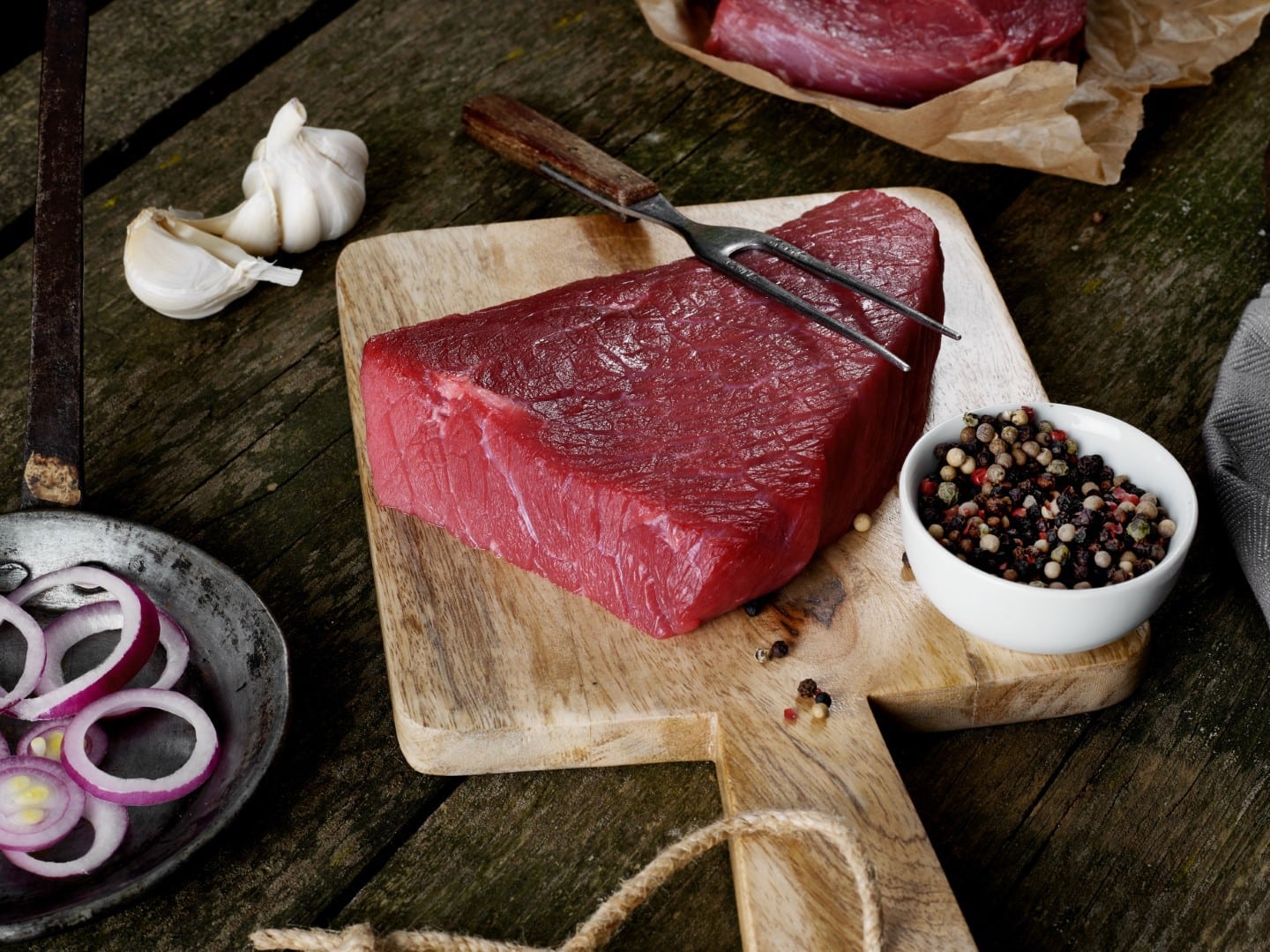
How Long Does It Take To Digest Dairy Products?
You consume dairy products on a daily basis as a staple food need, but have you ever thought about how long it takes to digest dairy products? After consuming low-fat cheese and skimmed milk, it stays in your digestive system for 1 to 2 hours. Soft cheese, whole milk, and cottage cheese will leave your stomach in 2 hours. Dairy products are easy to digest. How long it takes to digest also depends on a person’s digestive system. Some people are allergic to dairy products, and it may take 72 hours to digest and eliminate dairy products, but the traces of it remain for 21 days in your system.
Enzymes in your stomach break down fat and protein. It then travels to your small intestine to be broken down further.
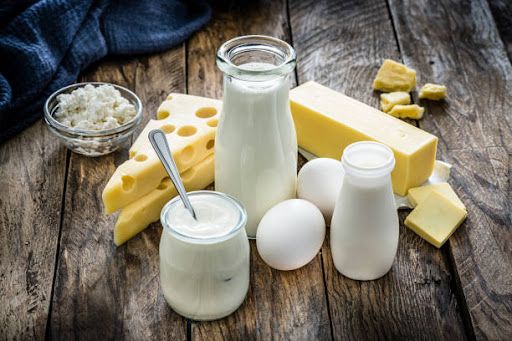
How Long Does It Take To Digest Fruits And Vegetables?
Vegetables are not hard to digest. It gets digested within 40 to 50 minutes, whereas vegetables such as kale, Brussels sprouts, broccoli, cabbage, and cauliflower take approximately 40-60 minutes to digest. Root vegetables are rich in fiber and water content. It takes around 60 minutes to an hour to digest food. Turnips, beetroot, sweet potatoes, radishes, and carrots are good examples of root vegetables.
Starchy vegetables require longer to digest than vegetables with a higher water content, like cucumber and peppers.
Fruits get started quickly in your digestive system; watermelons are the best example. They get digested quickly and leave your stomach in 20 minutes. Fruits are highly fiber-rich, which cleans your gut and allows your digestive system to work more effectively. Other fruits like grapes, bananas, and oranges move out of the digestive tract within 30 minutes.
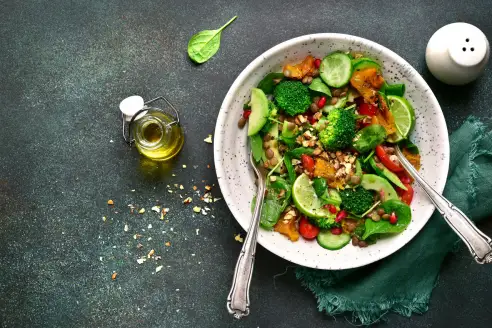
How Long Does It Take To Digest Carbohydrates?
Carbohydrate-rich foods usually take 1 to 2 hours to digest. There are carbs that get digested quickly so that glucose can be used by the brain for energy. Carbs with more fiber are digested slower than carbs that do not contain enough fiber. Breakfast cereals, cookies, pretzels, and cakes are absorbed quickly.
Simple carbohydrates, such as plain rice, pasta, or simple sugars, average between 30 and 60 minutes in the stomach. But if you add dense carbohydrates, leaving your tummy can take three to four hours.
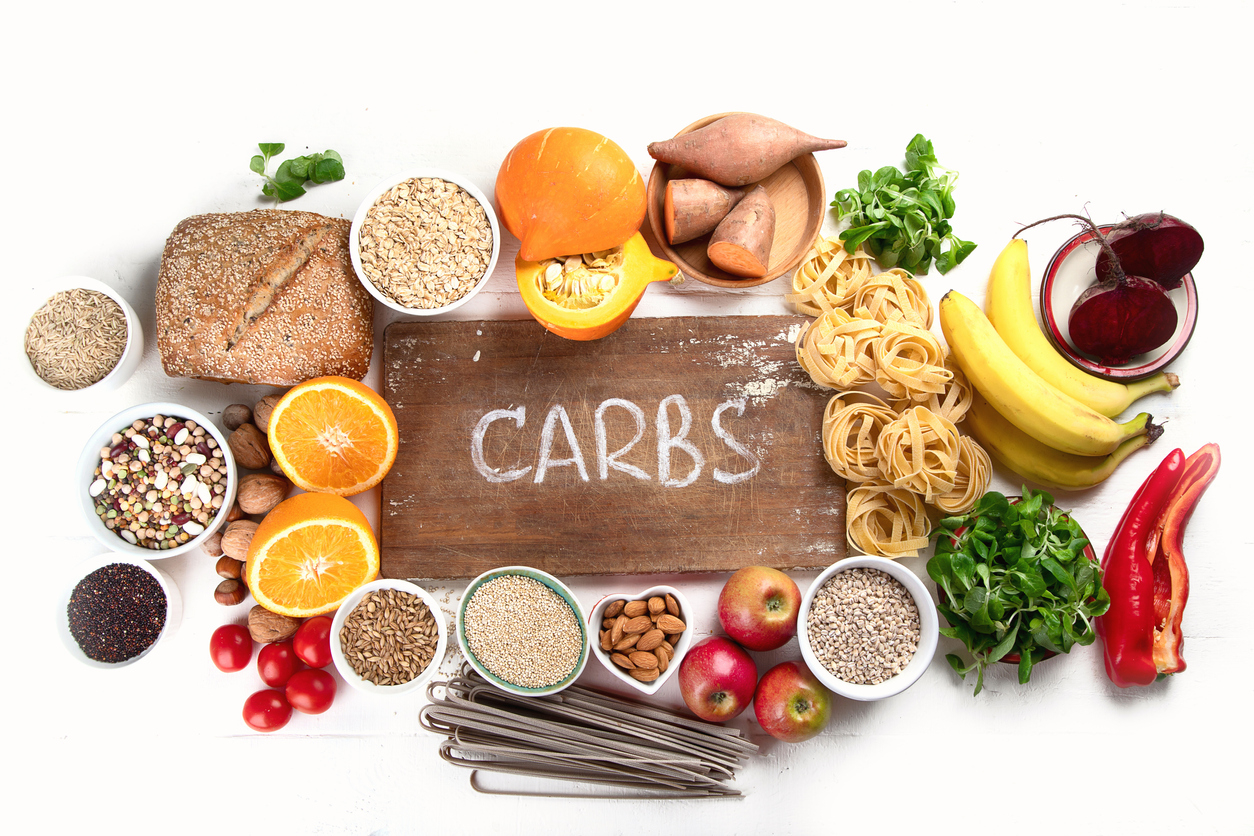
How Long Does It Take To Digest Whole Grain Foods?
There is a long list of whole-grain foods with a variety of benefits. Brown rice, buckwheat, and oats can take approximately an hour and a half to exit your stomach, whereas legumes like chickpeas, lentils, beans, etc can take around two hours.
Whole grain food consumption richly benefits you with fiber, vitamins, minerals, and other nutrients. Whole-grain foods help control cholesterol levels, weight, and blood pressure. These foods also help lower the risk of diabetes, heart disease, and other conditions.
Can Digestive Issues Interrupt Your Digestion And Bother Your Journey Of Food To Poop
Understanding Factors That Influence Transit Hour
One feels relaxed and light-headed after passing the stools in one go, but it becomes a cause of annoyance and irritation when digestive issues interrupt your digestion and affect your transit time; several factors contribute to the transit time. Some are listed below:
- The most common factor is age, gender, health conditions, and lifestyle that affects your pooping
- Food is the most common factor that mainly contributes to your pooping journey. Some common factors that affect your transit time are the type of food you consume, the portion you consume, physical activity, and functional disorders like irritable bowel syndrome, thyroid disorders, and metabolic disorders.
- You may have been dealing with a digestive issue such as ulcerative colitis, constipation, diarrhea, bloating, and false alarm of bowel movement. These factors contribute to the digestive interruptions that affect your pooping journeys
Eat healthy food and get adequate sleep involve physical activities to give a boost to your body. This helps in boosting the digestion time, and your gut stays healthy without any issues.

